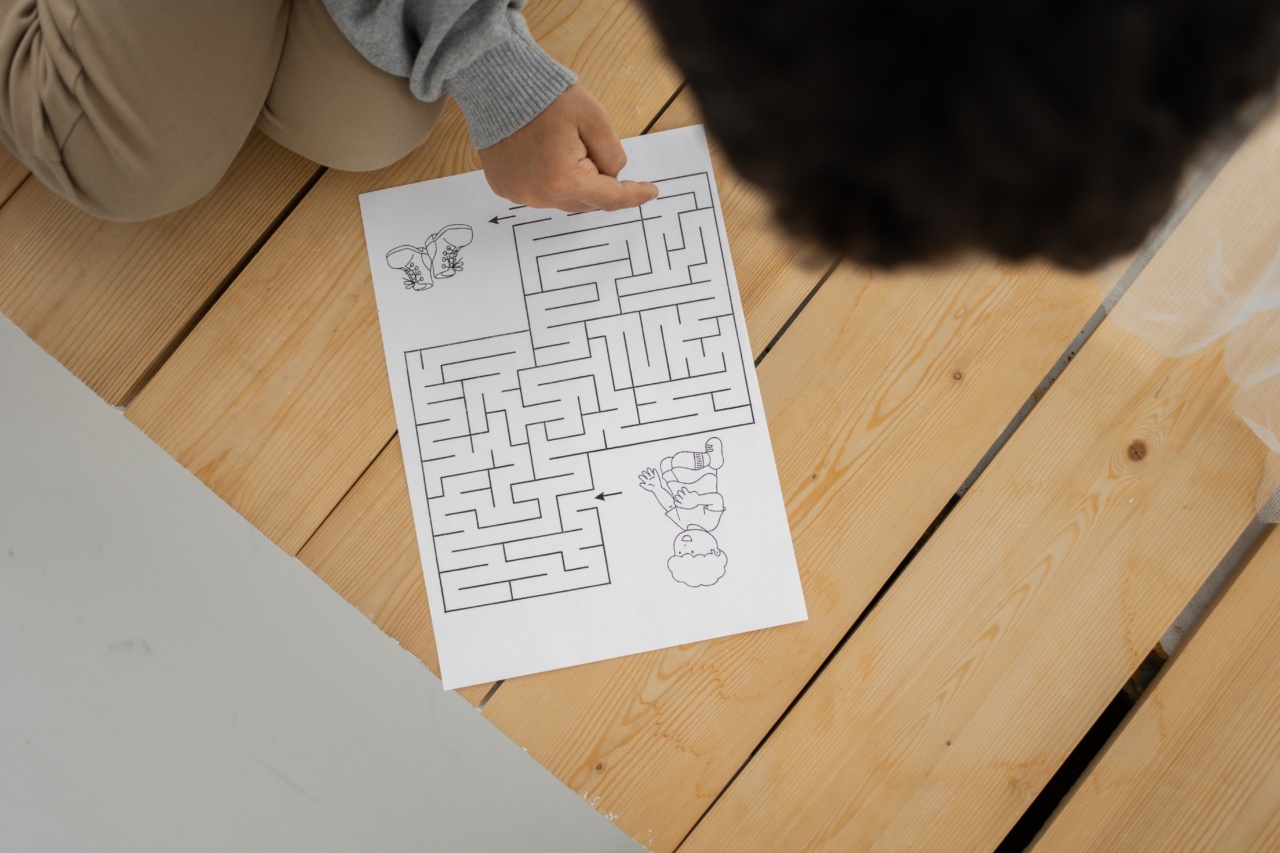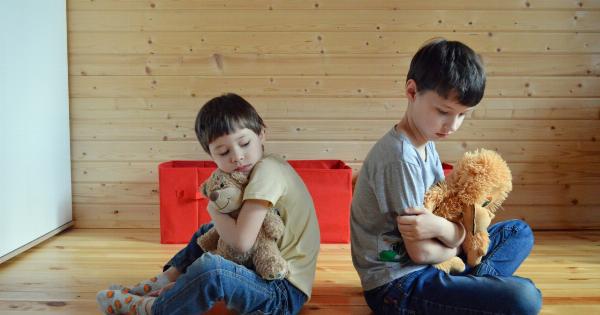Childhood experiences have a significant impact on our emotional, physical, and psychological development.
Childhood trauma, in particular, can cause long-term damage to the brain, affecting an individual’s behavior, relationships, and mental health. The effects of childhood trauma can have lasting consequences throughout a person’s life, affecting their ability to trust others, manage their emotions, and form meaningful relationships.
What is Childhood Trauma?
Childhood trauma refers to any experience that causes emotional distress or physical harm to a child. This can include neglect, physical or sexual abuse, witnessing domestic violence, or experiencing a natural disaster.
Trauma can also occur as a result of a single event, or can be caused by ongoing stressors, such as poverty or a parent’s mental illness.
The Effects of Childhood Trauma on the Brain
Childhood trauma can have profound effects on the developing brain, affecting the structure and function of key areas that are responsible for emotional regulation, memory formation, and cognitive processing.
One of the most damaging effects of childhood trauma is the impact it has on the developing amygdala, the part of the brain that processes emotions and regulates fear responses.
Studies have found that children who experience trauma early in life have a larger and more active amygdala than children who have not experienced trauma, making them more likely to experience heightened states of fear and anxiety.
The larger amygdala may also make it more difficult for children to regulate their emotions, causing them to be easily triggered and reactive in social situations.
Childhood trauma can also affect the development of the prefrontal cortex, the part of the brain that is responsible for decision-making, impulse control, and self-awareness.
The prefrontal cortex is still developing throughout childhood and adolescence, and trauma can interfere with its development, affecting an individual’s ability to make good decisions and manage their behavior.
Long-Term Consequences of Childhood Trauma
The effects of childhood trauma can be long-lasting, affecting an individual’s ability to form healthy relationships and function in society.
Studies have found that individuals who have experienced childhood trauma are more likely to experience depression, anxiety, and other mood disorders.
Researchers have also found that childhood trauma is associated with an increased risk of substance abuse and addiction, as trauma survivors may turn to drugs or alcohol as a way to cope with their emotional pain.
Trauma can also affect an individual’s ability to form healthy attachments, leading to difficulties in forming intimate relationships and maintaining friendships.
Treatments for Childhood Trauma
Treatment for childhood trauma typically involves a combination of therapy and medication, depending on the severity of the symptoms.
Therapies such as cognitive-behavioral therapy (CBT), dialectical behavior therapy (DBT), and eye movement desensitization and reprocessing (EMDR) have been found to be effective in treating trauma-related symptoms.
Medications such as antidepressants and anti-anxiety medications may also be prescribed to help individuals manage their symptoms.
It is essential for individuals who have experienced trauma to seek professional help, as untreated trauma can have severe consequences.
Preventing Childhood Trauma
Preventing childhood trauma is key to promoting healthy development and emotional well-being.
Parents and caregivers can take steps to prevent trauma by providing a safe and stable environment for children, supporting children’s emotional needs, and seeking help if they are struggling with mental health issues or addiction.
Building strong relationships with children and promoting open communication can also help to prevent childhood trauma, as children who feel connected to their caregivers are less likely to experience trauma and more likely to seek help if they do.
Conclusion
Childhood trauma can have devastating effects on the developing brain and can have long-lasting consequences throughout life.
It is essential for individuals who have experienced trauma to seek professional help, as treatment can help to alleviate symptoms and prevent further damage.
Preventing childhood trauma is also critical, and parents and caregivers can take steps to create safe and stable environments for children, promote healthy relationships, and seek help when needed.




























